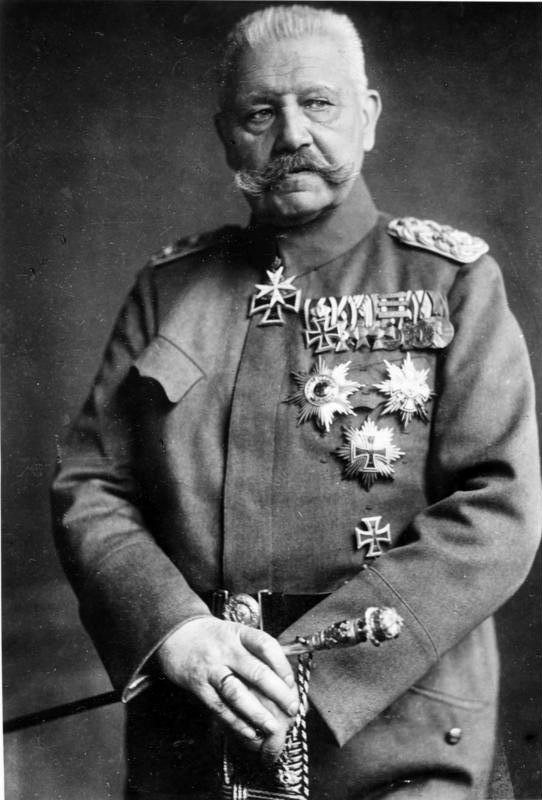“Prosperity can come through peace alone.”
Kontext: Prosperity can come through peace alone. The German people are in favor of all possible means to make war impossible. I have seen three wars. A man who has seen three wars never will wish another war. He must be a friend of peace.
But I am not a pacifist. All my impressions of war are so bad that I could be for it only under the sternest necessity — the necessity of fighting Bolshevism or of defending one's country.
